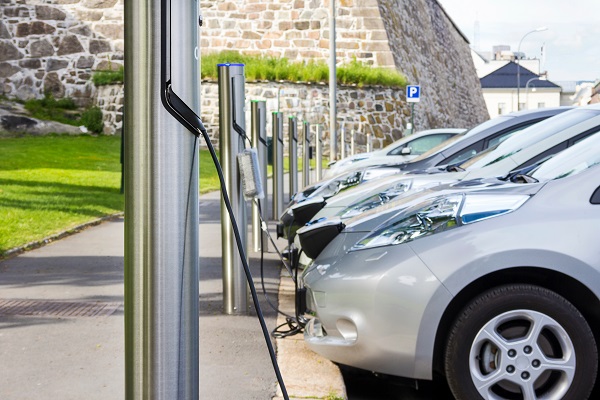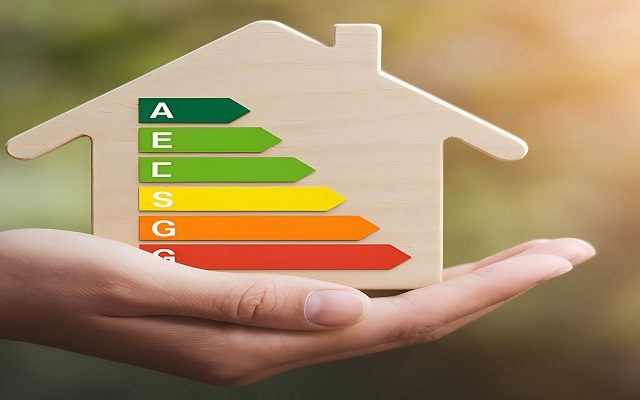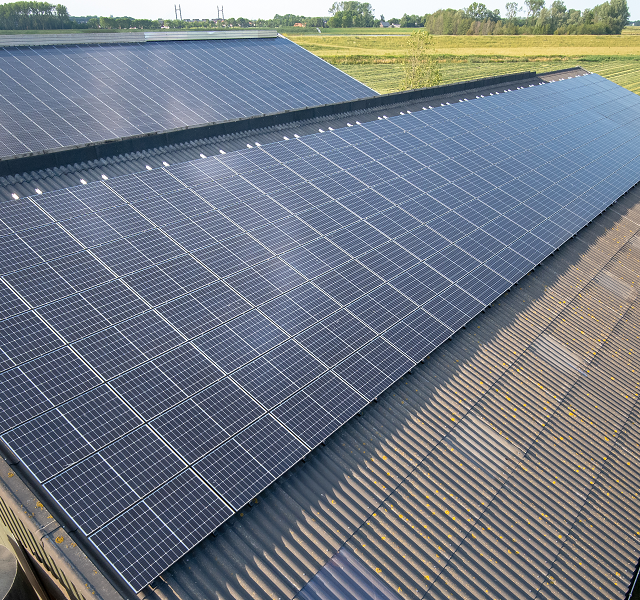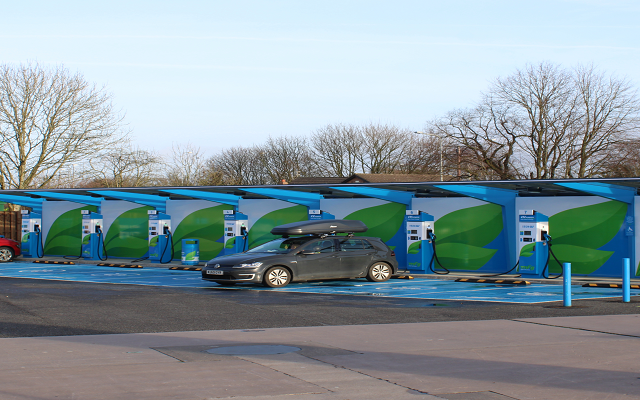Electric vehicle charge point operators seeking new sites
More than a quarter of the new cars sold during November 2022 had a plug, ramping up pressure for the continued expansion of the electric vehicle (EV) charging infrastructure.
The government committed back in 2020 to ending the sale of new petrol and diesel cars and vans by 2030, with all new cars and vans being 100% zero emissions by 2035. Since then, there has been rapid growth in the sale of electric vehicles.
Latest figures from the Society of Motor Manufacturers and Traders (SMMT), show battery electric vehicles (BEVs) accounted for 20.5% of new car sales in November 2022, with plug-in hybrids (PHEVs) representing a further 7.1% of the market.
It is now estimated there are more than 1,050,000 plug-in cars on the road – around 620,000 BEVs (pure electric vehicles), plus an additional 440,000 PHEVs.
Zap-Map, a website which tracks the rollout of EV charging devices, estimates there has been a 33% increase in the number of public chargers available since November 2021.
However, there are still fewer than 40,000 public charging points across the UK, when it is predicted the UK needs somewhere between 280,000 and 480,000 by 2030.
Demand for new EV charging sites
As a consequence, there is somewhat of a land grab ongoing at the moment, with charge point operators searching for sites for new rapid-charging stations on motorways and main A-roads throughout the country.
This could present an opportunity to landowners with land adjacent to main roads where there is high traffic flow, good access and grid capacity.
Network operators are looking for land next to existing service stations, as well as com-pletely new and separate sites. They are typically seeking a long-term lease agreement and in return will pay the landowner a base rent and revenue share.
However, before agreeing to anything, we would always suggest a landowner seeks professional advice. We have experience of the market, the companies involved and the terms an operator should be offering, enabling us to negotiate the best deal on your behalf.
New regulations on EV charging infrastructure
Meanwhile, the Building Regulations Approved Document S, ‘Infrastructure for the charging of electric vehicles’ took effect on 15 June 2022, mandating charge point infrastructure in new homes, new non-residential buildings, and when some buildings are renovated.
Broadly, the regulations require the following:
- Every new home with associated parking within the site boundary is to have an electric vehicle charge point. This includes homes created from a change of use.
- This includes any residential buildings undergoing major renovation, which will have more than 10 parking spaces within the site boundary after the renovation is complete. They must have at least one electric vehicle charge point for each dwelling with associated parking within the site boundary. There must also be cable routes in all spaces without charge points.
- All new non-residential buildings with more than 10 parking spaces within the site boundary of the building are to have a minimum of one charge point. In addition to this, there needs to be cable routes for one in five of the total number of spaces.
- All non-residential buildings, undergoing a major renovation, which will have more than 10 parking spaces within the site boundary after the renovation is complete, to have a minimum of one charge point and in addition to this, cable routes for one in five spaces.
The regulations do set a cap of £3,600 for the cost of each electric vehicle (EV) charge point connection. In the case of a major renovation, the total cost of installing the enabling EV charging infrastructure should not exceed 7% of the total cost of the major renovation of the building.
Strutt & Parker can advise you on the options available in relation to electric vehicle charging and would be happy to discuss these with you. If you would like to discuss anything on the matter, please contact Oliver Lukies.
For queries about Building Regulations Approved Document S, please contact Alexander Macfarlane.






